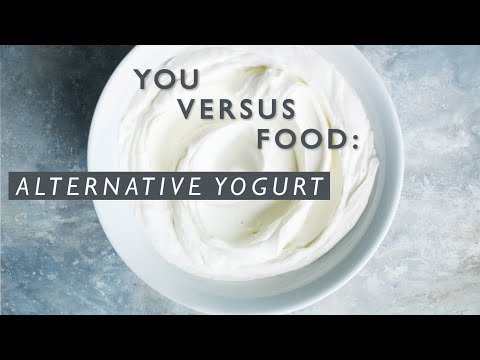
Download FJunction App for Free Diet and Workout Plan:
View Recommended Products on Amazon
Everything About the 100 Days Challenge
The 100 Day Challenge | Sign Up Now
www.fjunction.com/tsu
Join Our Facebook group
Ask any question directly from Anurag Sharma
For personal training drop an email here
fitjunc@gmail.com
Post workout Drink
Flax seeds Benefits
Make Peanut Butter at Home
Runners should eat a small handful of almonds at least three to five times per week. Nuts, especially almonds, are an excellent source of vitamin E, an antioxidant that many runners fall short on because there are so few good food sources of it. Studies have shown that eating nuts several times per week lowers circulating cholesterol levels, particularly the artery-clogging LDL type, decreasing your risk for heart disease. And the form of vitamin E found in nuts, called gamma-tocopherol (a form not typically found in supplements), may also help protect against cancer.
Add to your diet: Add almonds and other nuts to salads or pasta dishes, use as a topping for casseroles, or throw them into your bowl of hot cereal for extra crunch. Combine with chopped dried fruit, soy nuts, and chocolate bits for a healthy and tasty trail mix. Almond butter is perfect spread over whole-grain toast or on a whole-wheat tortilla, topped with raisins, and rolled up. Store all nuts in jars or zipper bags in a cool dry place away from sunlight and they’ll keep for about two to four months. Storing them in the freezer will allow them to keep an extra month or two. (Find some more sweet and savory recipes here.)
Add to your cart: Eggs
Eggs
2/15Add to your cart: Eggs
One egg fulfills about 10 percent of your daily protein needs. Egg protein is the most complete food protein short of human breast milk, which means the protein in eggs contains all the crucial amino acids your hard-working muscles need to promote recovery. Eat just one of these nutritional powerhouses and you’ll also get about 30 percent of the Daily Value (DV) for vitamin K, which is vital for healthy bones. And eggs contain choline, a brain nutrient that aids memory, and leutin, a pigment needed for healthy eyes. Choose omega-3 enhanced eggs and you can also increase your intake of healthy fats. There’s no need to be overly cautious about the cholesterol in eggs (200 mg). Recent U.S. dietary guidelines lifted the 300 mg daily limit, citing research that has shown dietary cholesterol doesn’t increase the risk of heart disease.
Add to your diet: Whether boiled, scrambled, poached, or fried (in a nonstick skillet to cut down on the need for additional fats), eggs are great anytime. Use them as the base for skillet meals such as frittatas. Or include them in sandwiches, burritos, or wraps as you would meat fillers. You can also add them to casseroles and soups by cracking one or two in during the last minute of cooking.
Add to your cart: Sweet potatoes
Sweet Potato
3/15
Add to your cart: Sweet potatoes
This Thanksgiving Day standard should be on the plates of runners year-round. Just a single 100-calorie sweet potato supplies more than 250 percent of the DV for vitamin A in the form of beta-carotene, the powerful antioxidant. Sweet potatoes are also a good source of vitamin C, potassium, iron, and the two trace minerals manganese and copper. Many runners fail to meet their manganese and copper needs, which can have an impact on performance since these minerals are crucial for healthy muscle function. There are even new sweet-potato varieties that have purple skin and flesh and contain anthocyanidins, the same potent antioxidant found in berries.
RELATED: Prep great meals (in less time!) with Runner’s World’s new book Meals on the Run.
Add to your diet: Sweet potatoes can be baked, boiled, or microwaved. You can fill them with bean chili, low-fat cheese, and your favorite toppings, or you can incorporate them into stews and soups. Baked as wedges or disks, sweet potatoes make delicious oven fries. Don’t store sweet potatoes in the fridge because they will lose their flavor. Instead, stash them in a cool, dark place, and they should keep for about two weeks.
Add to your cart: Whole-Grain Cereal with Protein
Cereal
4/15
Add to your cart: Whole-Grain Cereal with Protein
Look for whole-grain cereals that offer at least five grams of fiber and at least eight grams of protein. Just be careful with the added sugar content—shoot for less than 10 grams of the sweet stuff per serving.






